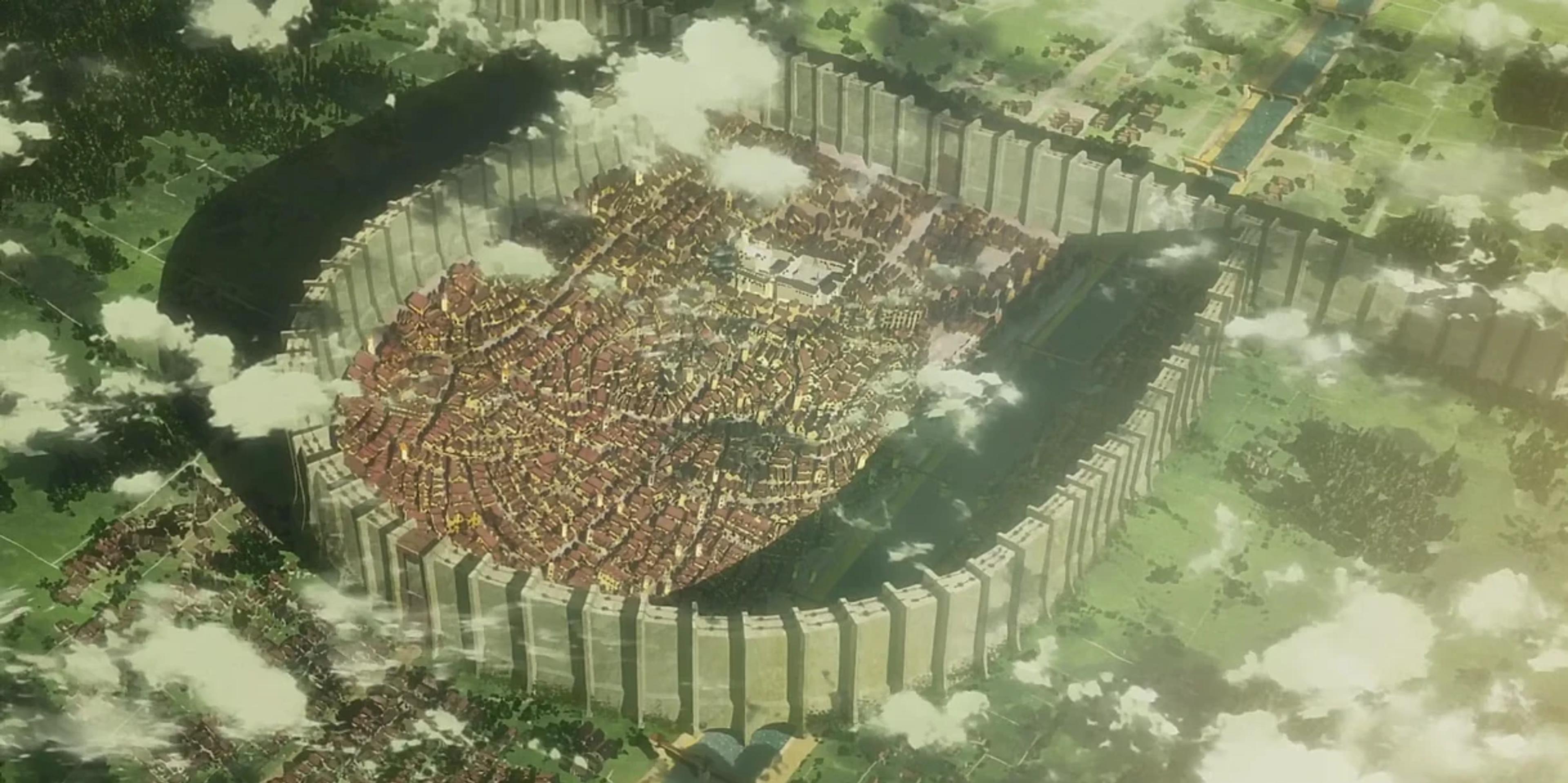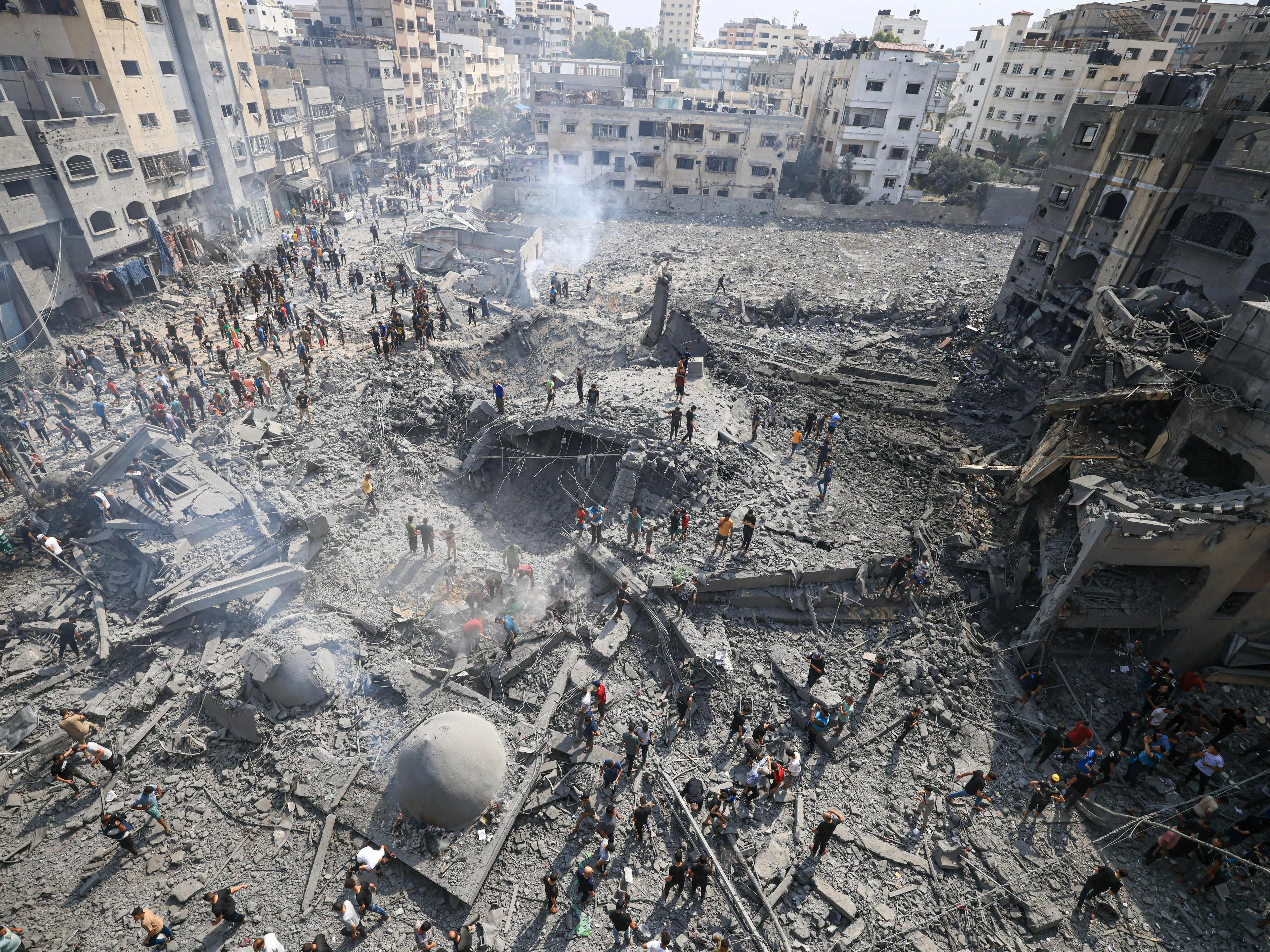“We’re born free. All of us. Free. Some don’t believe it; some try to take it away. To hell with them.”
— Eren Jaeger (Attack on Titan)

Sometimes, to understand better, a fictional world collides with the real world’s cruel realities. The similarities include the resemblance of oppression, occupation, and discrimination, where the lives of innocent people and children come at stake; the lives of them that are so casually being taken every day; and the occurrence of disruptions to daily life when mankind recognizes it not as a war but rather as a genocide. Over centuries, in a world marked by globalization, nations often find themselves in competition for vital resources. Differences in religious or ethnic identities can sometimes lead to conflicts, especially in regions where different groups coexist. “Attack on Titan” primarily explores themes related to survival, freedom, and the consequences of war within a fictional world where humanity is threatened by giant humanoid creatures called Titans. The Israeli-Palestinian situation, on the other hand, is a complex and real-world geopolitical issue involving disputes over territory, national identity, and other historical and political factors. Hajime Isayama’s worldwide most popular and successful Japanese manga series, Attack on Titan, had a genre so unique that it made it rank highest among any other anime series of its time. The parallel narrative comes into existence when the term genocide emerges on the surface.
The people of Palestine, with their history scarred by displacement and yearning for self-determination, find echoes in the characters of ‘Attack on Titan,’ wrestling with the existential threat posed by the colossal titans. The yearning for freedom, the fight against oppression, and the unbeatable spirit of resilience resonate across these seemingly disparate realms. The haunting vision of loss and sacrifice haunts both narratives, emphasizing the human toll of war. From the miserable tales of families torn apart in the Gaza Strip to the heart-wrenching sacrifices made by the Survey Corps in ‘Attack on Titan,’ the exploration of grief, resilience, and the human cost serves as a stark reminder that, in war, no one remains unscathed. One way or another, the promises that political leaders keep in front collapse, as for them, business and earning profits through war and its cruelty concern more than the lives innocents no longer have. What really matters is the destruction war brings and displaying it all through fiction, as it is one of the best mediums to make the world familiar with the context related to war.

Discrimination based on creed, nationality, or any other factor, and the disputes that arise as a result of these factors, will continue to be the most prominent. The oppression in the fictional world of AOT took place, and the suppression in the real world took place; both of them had the same objective, which was to gain power in some form. In both scenarios, the world watches, while those who are enduring war traumas remain on their land, fighting back and not giving up or turning away from it all. Dedicating their hearts—”Shinzo wo Sasageyo”—to their lands and not surrendering to the oppressor, such similar instances of human rights abuses, oppression, or discrimination can lead to internal unrest that can be easily seen in both narratives. Again, why do we see resemblance between each other? Well, because they both represent the harsh, brutal realities of war and its barbarity.
Much like the colossal walls that shield humanity in ‘Attack on Titan,’ physical and metaphorical barriers define the Israel-Palestine situation. The towering walls of the anime series represent protection but also isolation, drawing parallels to the hurdles that shape the political perspectives of the Middle East. Exploring the impact of these walls, both visible and invisible, unlatches a window into the shared experiences of those trapped within the confines of conflict. Definitely, the gruesomeness of real life’s action is gigantic in contrast with fictional one’s, but still, fiction is inspired by reality, and together they are in a symbiotic relationship. Therefore, to discern one step ahead, one should compare things, even though they are two worlds apart.
Sana Faiz is a student pursuing English literature from Jamia Millia Islamia.
Edited by: Moneera Aiman







